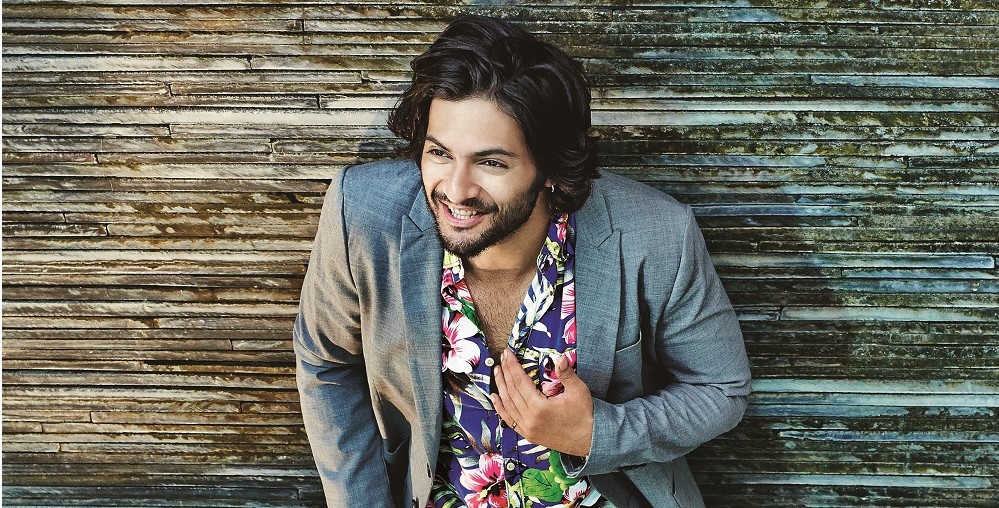Mention the name of Judi Dench and the delight in Ali Fazal’s voice comes crackling through. “It was a surreal experience,” he says, and it’s not difficult to visualize his face lighting up with memories. “She is like a mother figure to me now.”
That Fazal, who plays the titular role in Victoria & Abdul alongside the acclaimed English actor, is still reliving the moments he spent on the film shoot – almost a month after the film’s first release – is not hard to fathom. The 30-year-old Indian actor got a break in the international movie industry that many in Bollywood aspire for, and very few get. Fazal knows that world cinema is a tricky terrain he has ventured into. And he is not veering off the path that got him to the current state of fame. Not yet.
Hollywood is great, he says. Bollywood is home.
“The industry in India is changing. Bollywood is not all song and dance anymore,” he says, explaining that acting careers don’t have to follow a linear trajectory now. “A couple of years ago, you got a chance to be a part of a foreign movie, and you ran off. But I don’t want to let go of anything that I worked for all these years.”
Fazal is making an effort not to get carried away after seeing his pictures plastered at prestigious film festivals abroad. The Doon School alumnus realizes that he does not deserve to be hailed as the first Indian guy getting a big opportunity in the West. “Actors like Shashi Kapoor, Om Puri and Irrfan made their presence felt in English films in a strong way,” he says. And like them, he wants to make a mark in both the worlds.
Not that it is going to be easy. Fazal’s repertoire of Hindi films so far, including Fukrey, Khamoshiyan and Happy Bhag Jayegi, is not exactly something to boast about, and neither is the small part he played in Furious 7. And his success abroad with the Stephen Frears-directed Victoria & Abdul is yet to translate into big film offers at home.
“I know that many people are not going to like my achievement,” he admits. “There are a lot of actors far better than me out there looking for work. But I have got it in a democratic way, and I take the credit as well as the blame.”
It took Fazal several rounds of auditions to get the role of Abdul, a faithful Indian servant of Queen Victoria who becomes her confidant. The movie, based on the book of the same name by Shrabani Basu, delves into a relationship of which little is recorded in history.
The story required a fantastical approach, piecing together the sketchy fragments of information that came up during Basu’s research. But while the UK-based Indian writer’s work formed the base of the entire film, Fazal opted to give it a miss. “I wanted to create something that was not read, since the book takes you through just one perspective. It’s the writer’s vocabulary, after all,” he says, and laughs as he adds, “I told them I read the book, even though I went through it after the shoot got over.”
Fazal himself is far from getting over the whole experience. “I have not moved on,” comes the candid confession. He still relives the time spent during the making of the movie, especially the three-week schedule at the Isle of Wight in the United Kingdom, which was the first time the location was used for a film shoot.
“I am still stuck in a time capsule,” Fazal says of the time he spent with Dench, and replaying in his mind all that they experienced together – the bonfires, the long walks, the discussions about Shakespeare and theater, the shopping visits, the tea and scones. “It was almost romantic,” he says.
The admiration has not all been one way. Dench was reported to have called Fazal “a beautiful young man,”,who is “kind of a romantic and also a laugher.” Ask him about it, and he quips, “She doesn’t say it on my face. I will ask her when I meet her next.” And you can visualize his face lighting up, once again.
